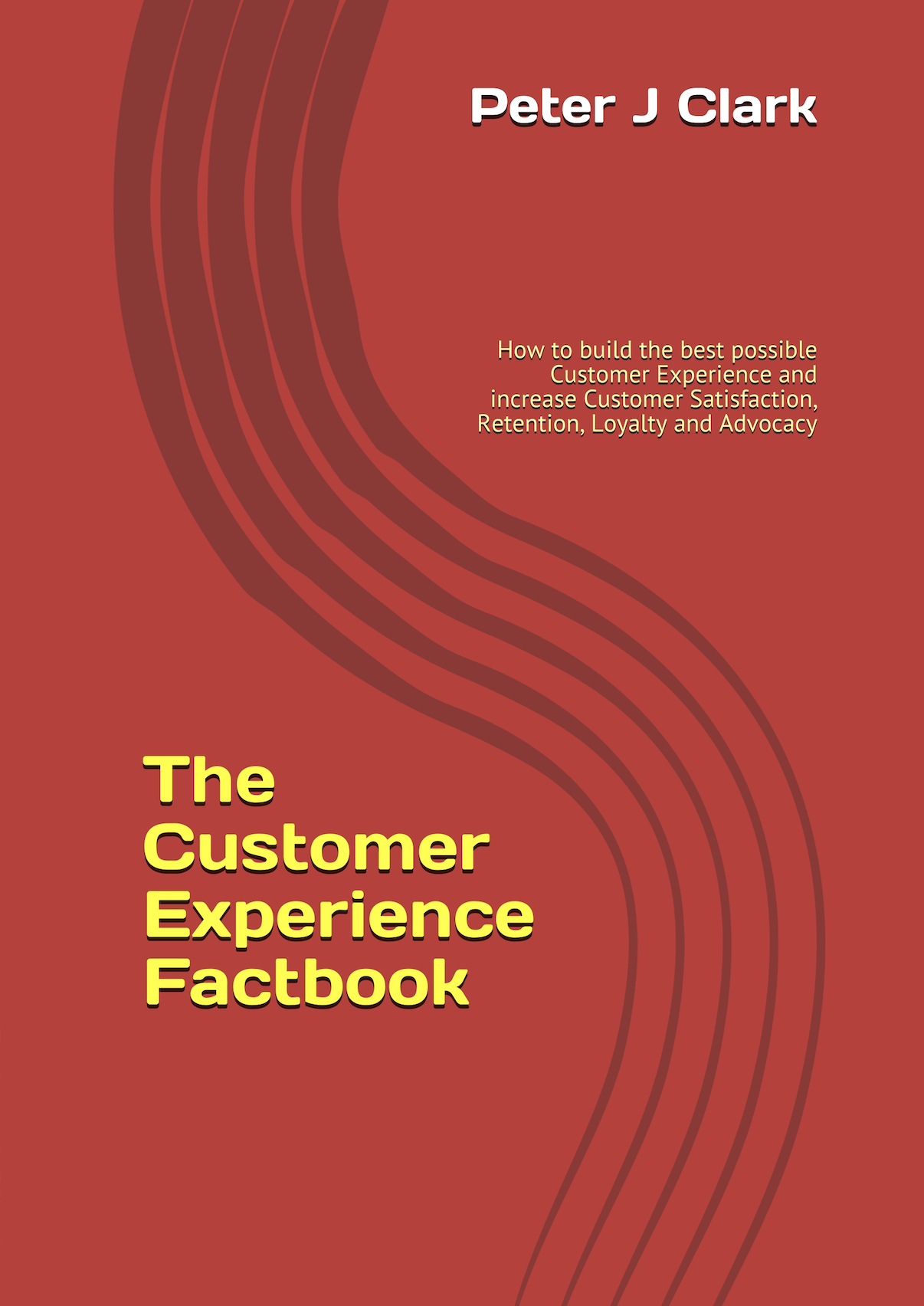Personalisation poses tricky 'data vs value' questions
Consumers are ever-more brand-savvy and they increasingly want to be 'appealed to' on a true one-to-one level, according to Katharine Hulls, VP marketing for Celebrus Technologies, and Ruth Gordon, director of digital marketing for Teradata.
And this clearly shows that consumers recognise the benefits of personalisation and have come to expect it. But unfortunately there is no one size fits all approach that can be used; brands have to understand the customer in order to get it right. By understanding the customer's preferences when it comes to personalisation, brands can reap the rewards, but those that get it wrong can potentially lose both existing and future customers.
This finding came from recent research commissioned by the two companies, examining the different attitudes toward personalisation and data privacy amongst consumers in both the UK and Germany.
The data/value equation
Overall, consumer attitudes toward personalisation are generally positive, with this latest piece of market research revealing that 63% of consumers across every age group like to receive individualised communications.
But what data are consumers happy to part with in order to get a one-to-one personalised experience or communication? According to our research consumers are happy and willing to share information if they believe it will enhance the experience. And while age and gender are most likely to be shared by the consumer, 57% were also comfortable with sharing more specific information such as personal preferences - dress size or favourite holiday location - with brands.
The customer now implicitly expects brands to have a good understanding of their individual likes and dislikes. Over one third (37%) of consumers expect to be recognised by brands without having to provide huge detail each time they interact, whilst a similar number, (36%) want a brand to remember their contact details so that they don't have to complete forms every time they make a purchase. 25% of consumers also want the brand to display previously shared preferences and 21% want a brand to know their previous purchase history. These stats show that both German and UK consumers are happy to share information with brands if they believe that it will improve their own web experience.
It would appear from the research that control over contact information is critical for consumers, with most wanting to choose how they are communicated with. Email is a top choice, since people can choose to read emails as and when they want, providing that control; whereas phone calls are clearly much more intrusive and uncontrollable and therefore seen as a nuisance by many consumers.
So how can a brand build on gender information and email address to create a true picture of the customer? British consumers in particular are willing to share information about how they interact with a brand's website (60%), which provides a very rich source of insight into their interests, wants and preferences. Particularly useful data includes products browsed and frequency, on-site search terms used, sizes searched for, whether results are sorted by cheapest first and lots more. This insight, combined with personal preferences such as favourite holiday destination and clothing size, provides a huge amount of additional insight above and beyond contact information. With this depth of information, brands can deliver highly tailored messages and offers for each individual and really provide a valuable and informed experience.
Great expectations?
Consumers like personalisation and are willing to share some data to enable brands to deliver relevant and timely messages over their preferred channels. They do demand control however, and it is giving them that control which builds trust in your brand. To achieve this, brands need to treat every customer as an individual; broad segmentation is no longer enough to meet consumers' expectations of how they should be treated.
And that means brands must both collect and learn from all the data the individual consumers are willing to share, including expressed preferences, given data and web behavioural data. With this approach, brands can gain a trusting consumer who will happily provide data in order to continue to receive a personalised approach which fits the specific requirements of that individual. After all, when it comes to the customer, there is no one size fits all.
The full research results have been made available for free download from the Celebrus web site as part of the an eBook entitled 'Balancing the Personalisation and Privacy Equation' - click here (free registration required).
Sources: Teradata; Celebrus Technologies / The Marketing Factbook.
Copyright © 2015 - 2025 The Marketing Factbook.
Categorised as:
- Customer Experience
- Customer Loyalty
- Knowing The Customer
- Marketing Know-How
- Marketing Technology
